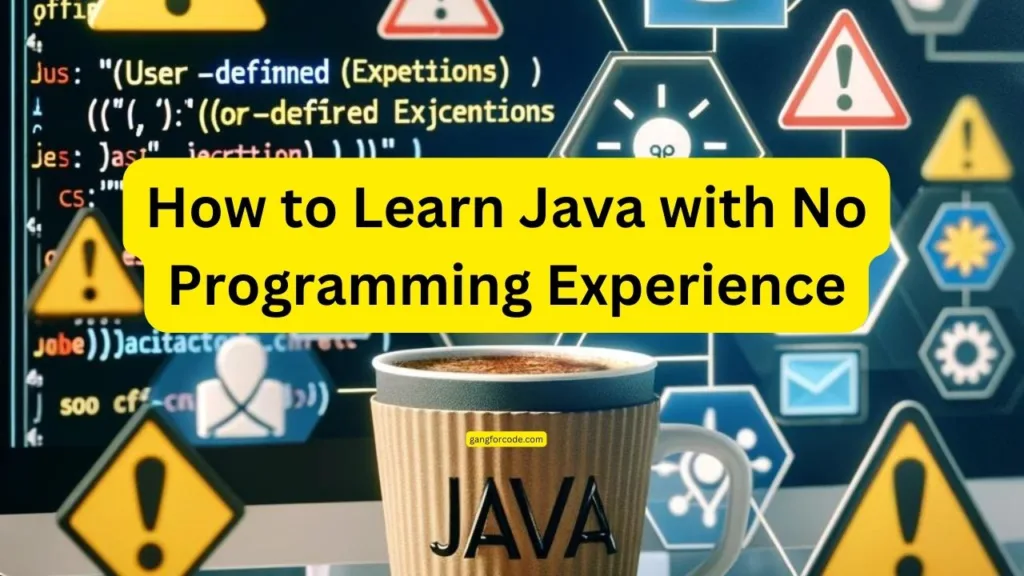How to Learn Java with No Programming Experience. Embarking on the journey to learn programming can be both exciting and daunting, especially with no prior experience. Java, with its versatility and widespread usage, makes for an excellent first language to learn. This article aims to provide a structured path for absolute beginners to learn Java, breaking down the process into manageable steps, enriched with images to enhance understanding.

Table of Contents
Step 1: Understand the Basics of Programming
Before diving into Java, it’s crucial to grasp the foundational concepts of programming. These include understanding what programming languages are, how computers interpret code, and basic programming concepts like variables, control structures (if statements, loops), and data types.
Step 2: Set Up Your Java Development Environment
To start writing Java programs, you need to set up a development environment. This typically involves installing the Java Development Kit (JDK) and an Integrated Development Environment (IDE) like Eclipse or IntelliJ IDEA. These tools provide you with the necessary utilities to write, compile, and run Java applications.
Step 3: Learn Java Syntax
Java syntax is the set of rules that defines how a Java program is written and interpreted. Begin with learning how to declare variables, write methods, and understand Java’s built-in data types. Practice writing simple programs that use basic arithmetic operations and input/output operations.
Step 4: Dive Into Object-Oriented Programming (OOP)
Java is an object-oriented programming language, which means it uses objects to represent data and methods. Key OOP concepts include classes, objects, inheritance, encapsulation, and polymorphism. Start by understanding what classes and objects are, then gradually move to more complex concepts.
Step 5: Work on Simple Java Projects

Applying what you’ve learned in real projects is crucial. Start with simple projects, such as a calculator, a to-do list application, or a basic game. These projects will help reinforce your understanding of Java and OOP concepts while also teaching you about project structure and debugging techniques.
Step 6: Explore Java Standard Library
Java comes with a rich set of libraries and frameworks that extend its functionality. Familiarize yourself with the Java Standard Library, particularly collections (like lists and maps), file handling, and networking. This knowledge will significantly enhance your ability to develop complex applications.
Step 7: Join the Java Community
Learning is more effective with support. Join Java forums, follow Java programming blogs, participate in online communities like Stack Overflow, and contribute to open-source projects. Engaging with the community can provide valuable learning resources, feedback on your code, and opportunities to solve real-world problems.
Learning Java without prior programming experience is a journey of continuous learning and practice. By following the structured approach outlined in this article and utilizing the provided resources, beginners can gradually build their understanding and confidence in programming with Java. Remember, the key to mastering Java lies in persistence, practice, and active participation in the programming community. Embrace the challenges and enjoy the process of becoming a proficient Java programmer.